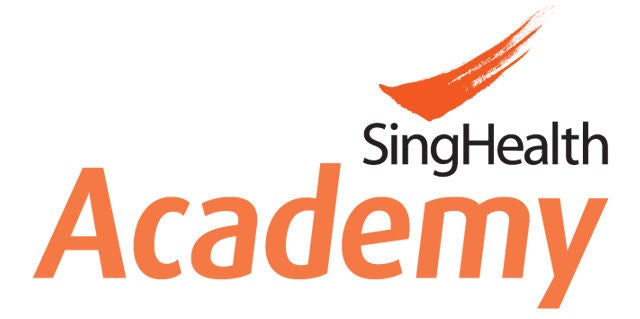SingHealth Academy will NEVER ask you to transfer money over a call. If in doubt, call the 24/7 ScamShield helpline at 1799, or visit the ScamShield website at www.scamshield.gov.sg.
Learning Resources for Educators
Title |
Synopsis | Link |
Adult Learning Theory |
Learning objectives:
|
Click here to view
|
| Award-Winning Animation: Systems Thinking – A New Direction in Healthcare Incident Investigation | Learning objectives:
|
Click here to view (Require internet access) |
Basics of Curriculum Design |
Learning objectives:
|
Click here to view
|
Basics of Health Professions Education (HPE) |
Learning objectives:
|
Click here to view (Require internet access)
|
Basics of Program Evaluation |
Learning objectives:
|
Click here to view (Require internet access)
|
| Dilys Price – It’s Never Too Late (TEDxCardiff) | Be inspired by Dily Price on how she overcome fear and find purpose and make a difference to not only herself but thousands of people. | Click here to view (Require internet access) |
Entrustable Professional Activities (EPAs) |
Learning objectives:
|
Click here to view (Require internet access)
|
Introduction to Medical Education Research |
Learning objectives:
|
Click here to view
|
| Jack Canfield - The Importance of Continuous Learning | Learning objectives:
|
Click here to view (Require internet access) |
| Practical AI for Instructors and Students | Learning objectives: Five part crash course on how to use AI to make teaching easier and more effective.
|
Click on the respective links below to view |
Professor Olle ten Cate explains Entrustable Professional Activities (EPAs) |
Learning objectives:
|
Click here to view (Require internet access)
|
Qualitative vs Quantitative Approaches to Medical Education Research (Part 1) |
Learning objectives:
|
Click here to view (Require internet access)
|
| The Basics of Performing and Publishing Medical Education Research | Learning objectives:
|
Click here to view (Require internet access) |
| The Growing Educator |
A collection of learning resources from Dr Andrew Ong, Associate Consultant in SGH Department of Gastroenterology & Hepatology. |
Click here to view (Require internet access) |
| Video - Qualitative vs Quantitative Approaches to Medical Education Research (Part 2) | Learning objectives:
|
Click here to view (Require internet access) |
Stay Healthy With
© 2025 SingHealth Group. All Rights Reserved.
















